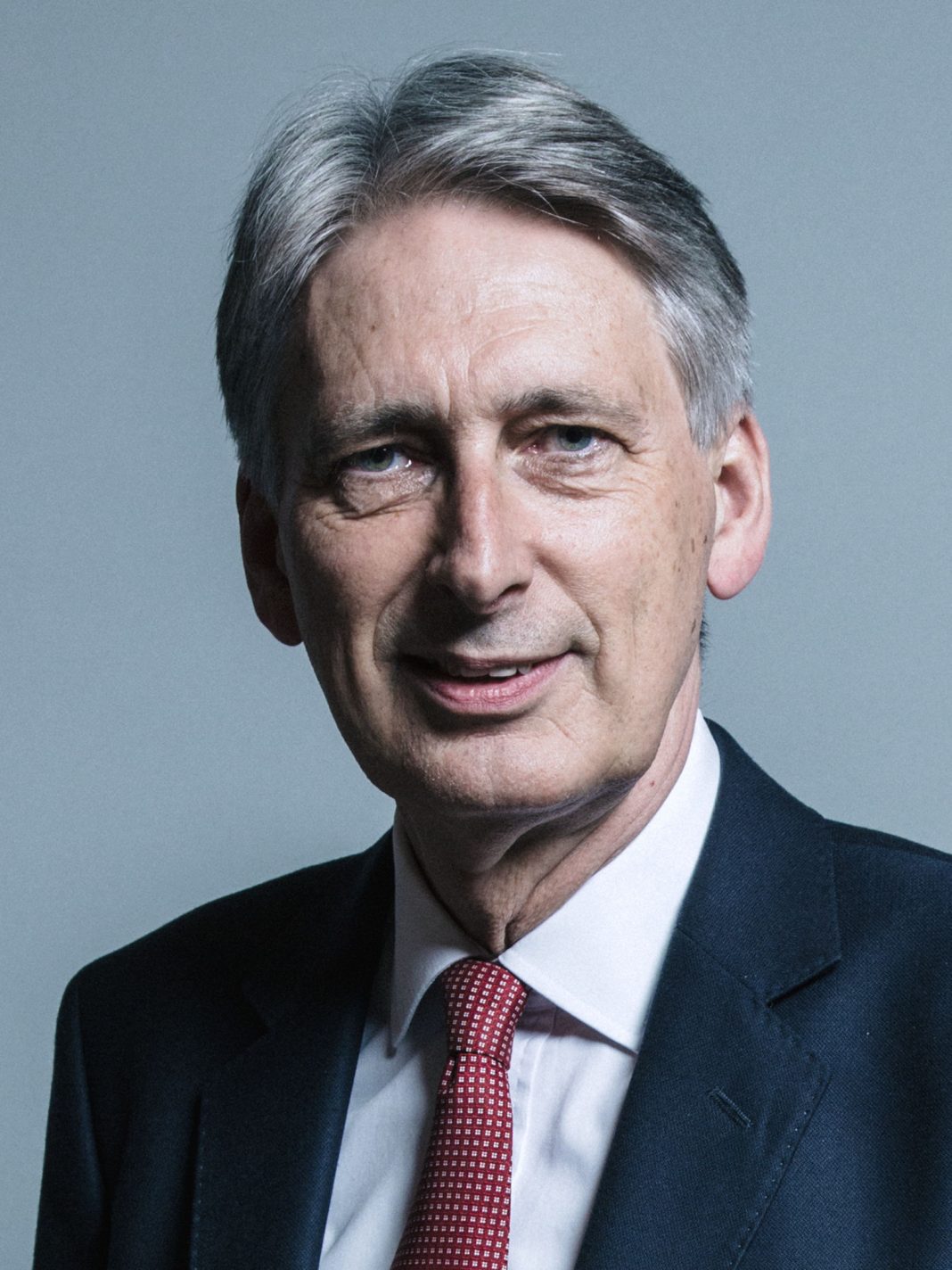Chancellor of the Exchequer Philip Hammond had announced that “the era of austerity is coming to an end,” so I should have been on the edge of my seat. Instead I nearly fell asleep. I’ve had to pinch myself awake in order to tell you what his autumn budget does to ease the hardship of the past eight years.
Tax free earnings go up from £11,850 to £12,500 next April – a year sooner than expected. Meanwhile the threshold for paying 40% tax instead of 20% goes up from £46,350 to £50,000. As for earnings, the national living wage will go up from £7.83 per hour to £8.21p.h. Universal Credit is here to stay, but £1bn is being put aside to help people as they move from the old benefits system to the new one.
This is the last budget before Brexit, and Hammond has promised another £500m for preparations for leaving the EU. But given the lack of a Brexit deal so far, anything could happen, so the spring budget next March could be upgraded to a full budget. Oh, and we’ll be getting a 50p commemorative coin to mark our departure.
The NHS gets £20.5bn over the next five years, and councils get £700m to care for the elderly and those with disabilities. A minimum of £2bn a year will be spent on mental health, and schools will receive a one-off bonus of £400m to help pay for “the little extras they need”.
That does not look like an end to austerity to me: “little extras” is more like it. More investment in the NHS – as well as mental health – are strides in the right direction. But elsewhere this is a budget of baby steps. At this year’s party conference prime minister Theresa May told us austerity was over. But for those JAMS (Just About Managing) who she promised to help at her first conference speech back in 2016, it certainly isn’t.




